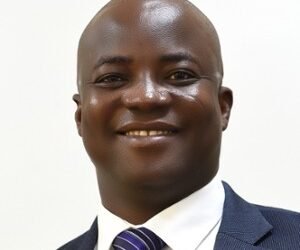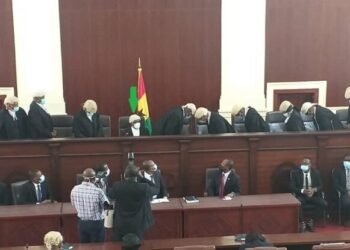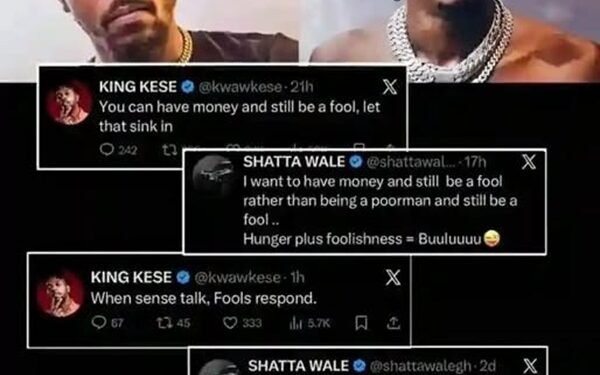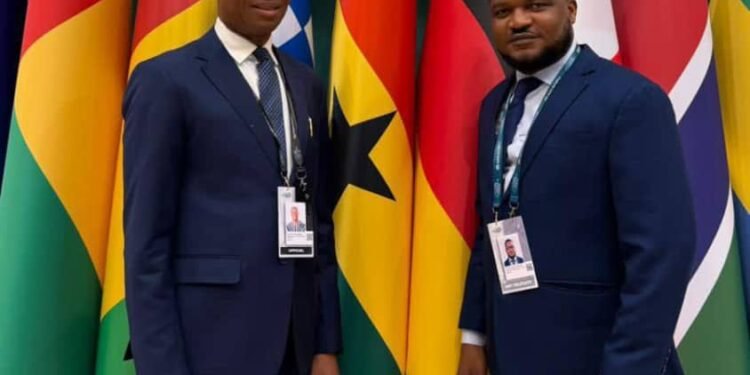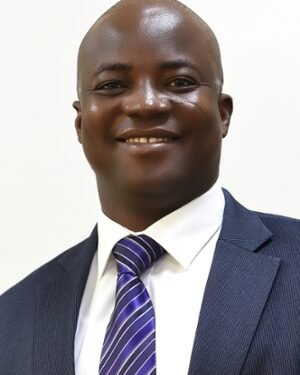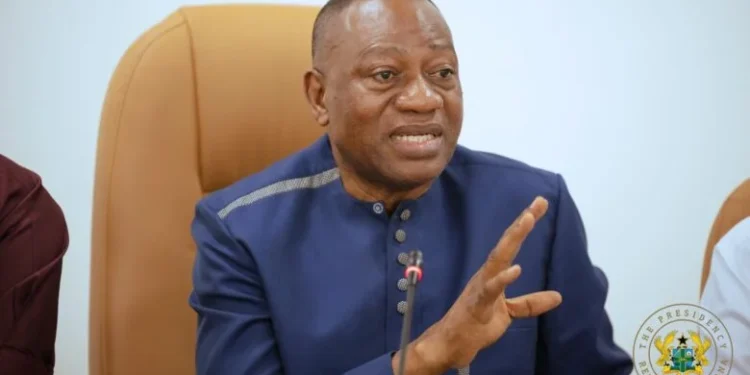As Ghana approaches its crucial December 7 general elections, there is a mounting concern that misinformation and disinformation could overshadow the democratic process.
The spread of both deliberate and accidental false information has reached worrying levels, raising fears about an electoral environment marked by confusion and mistrust.
This pressing issue has drawn attention from political analysts and electoral authorities alike, who caution that unchecked false news could interfere with the election process and damage public confidence in the results.
The Electoral Commission (EC) has acknowledged these risks and expressed similar concerns. Recent EC communications have warned that if fake news goes unchecked, it could significantly affect the upcoming elections, jeopardising voter participation, heightening electoral tensions, and undermining the legitimacy of the results.
This point was emphasized by Dr. Serebour Quaicoo, Director of Training at the EC, who highlighted that misinformation could easily confuse voters and lead to unnecessary confrontations, threatening a peaceful electoral process.
“And I said that my greatest fear for Election 2024 is misinformation,” Dr. Quaicoo stated. He elaborated on how traditional and social media often prioritize speed over accuracy, inadvertently spreading false information. He also noted, “People will come out with some videos that may not even be related to Ghana’s election.”
Combating Misinformation and Disinformation
To combat these risks, the EC has increased its efforts to strengthen its communication channels, ensuring the public receives accurate and timely information. He encouraged voters to stay alert and rely on verified sources for updates.
Additionally, Dr Serebour Quaicoo urged voters to report any unverified or suspicious information to the relevant authorities. This approach aims to limit the spread of misinformation and enhance public confidence in the election process.
Dr. Quaicoo’s remarks serve as a crucial reminder that without a collective effort to fight misinformation, the elections risk being clouded by doubt and conflict triggered by false information.

The impact of misinformation goes beyond the credibility of the elections; it affects national stability. False claims and manipulated content—including videos, images, and articles—can incite unrest, divide communities, and stir undue fear among voters.
In an age where information travels rapidly, the EC’s focus on verifying information is essential. Dr. Quaicoo underscored the importance of due diligence by individuals and media outlets before sharing election-related content.
Professor John Osae Kwapong, a Democracy and Development Fellow at the Centre for Democratic Development (CDD-Ghana), in a recent interview with the Vaultz News, voiced his deep concern about the increasing misinformation. He noted that the New Patriotic Party (NPP) and the National Democratic Congress (NDC)—the leading parties contesting the election—have been particularly affected.
Prof. Kwapong pointed out that the use of fake news as a strategic tool has overshadowed political dialogue, fostering mistrust and lowering the quality of democratic participation. His message was clear and urgent: both major parties must firmly reject such practices to protect the elections’ integrity and uphold Ghana’s democratic values.
Nevertheless, the fight against disinformation cannot be led solely by the EC or CDD-Ghana. The media, journalists, and citizen reporters play a significant role in promoting responsible journalism. Traditional media, which has historically informed the public, now faces the additional challenge of competing with the immediacy and influence of social media.
Social media’s tendency to spread unverified information calls for a concerted push for media literacy and higher reporting standards. Journalists and online influencers must balance timeliness with their duty to accuracy.
The public also has a role in discerning credible sources from unreliable ones. Civic education programs that enhance media literacy among voters are essential. Such initiatives can empower citizens to question, analyze, and verify information before accepting or sharing it. This helps foster a healthier information environment and reduces the risk of misinformation-driven chaos.
The warnings from experts like Prof. Kwapong and Dr. Quaicoo are critical. Ghana’s democracy, celebrated as a model in the region, must be protected from the damaging effects of fake news.
READ ALSO: Breaking Dollar Dominance in Africa’s Petroleum Industry




